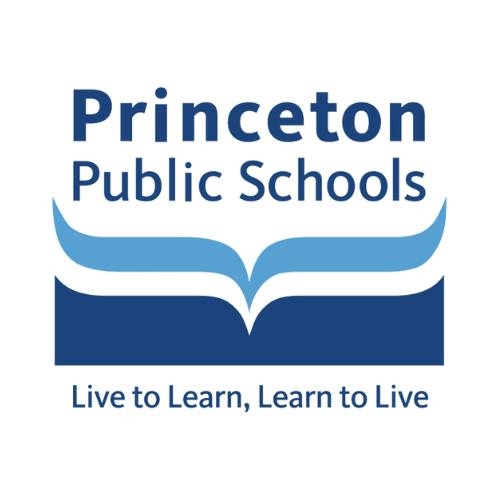The Princeton Public Schools takes pride in preparing students to lead lives of joy and purpose as knowledgeable, creative and compassionate citizens of a global society.
But if the school district truly wants its students to be knowledgeable and compassionate, it needs to teach them about autism and other disabilities, Riverside School student Teddy S. said at the school board’s April 29 meeting.
Teddy is autistic.
The fourth-grader told the school board that he objected to recent comments about autism made by U.S. Secretary of Health and Human Services Robert F. Kennedy (RFK) Jr.
Kennedy is reported to have said that people with autism are broken and that it is caused by vaccines. He also said that people with autism will never have jobs or families.
“But that’s not true. I have autism. I am not broken, and I hope that nobody in the Princeton Public Schools believes RFK Jr.’s lies,” Teddy said.
Instead, the school district should teach students about autism and other disabilities at all grade levels to raise awareness and acceptance for those students who have disabilities, he said.
Teddy acknowledged that the school district recognizes April as Autism Awareness Month, but it only extends to posters in the cafeteria to be kind and inclusive, and to wearing blue on April 2.
“But we are never taught about the spectrum of autism,” he said. “Kids need to be taught more about the different kinds of autism and that it is a natural variation in the genes that you were born with. It is not caused by vaccines
“This is important to me and the Princeton Public Schools because I have a ‘disability’ and I noticed that disabilities are not being taught. Only a few people are mentioning autism.”
Students should be taught about successful people who have autism. The lessons should be extended to other disabilities – attention-deficit/hyperactivity disorder (ADHD), cerebral palsy, blindness, deafness, dyslexia and apraxia, he said.
Adding lessons on disabilities will teach students how to accept people with disabilities, Teddy continued. Acceptance means understanding who a person is and not minding their differences. People with autism and disabilities are not tragedies – they are just different.
“If everyone understood more about autistic people and about people with other disabilities, they would know more about how to treat them, what their lives are like and that they don’t need to be fixed or cured,” Teddy said.
Such understanding and acceptance would help children with disabilities to live a better life, he said. They will have friends and there will be less bullying.
“I want to end with the district mission statement – ‘Our mission is to prepare all of our students to lead lives of joy and purpose and knowledgeable, creative and compassionate citizens of a global society,'” he said.
“Adding disabilities to kids’ education will make them knowledgeable and compassionate, and help kids with disabilities to lead lives of joy and purpose.”
Kimberly Tew, the school district’s assistant superintendent for Curriculum and Instruction, told Teddy privately about the curriculum in place regarding disabilities in the upper grades, Teddy’s mother shared. Tew was supportive of him and left it open for them to continue to talk about the elementary schools.


